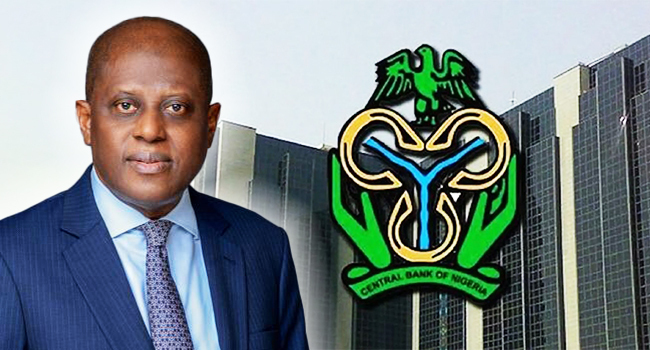The Nigerian electricity sector slowed in the fourth quarter of 2024 (Q4 2024), with the electricity production index declining by 1.64% year-on-year (y-o-y).
Data from the Central Bank of Nigeria (CBN) says this marks a reversal from the 5.55% growth recorded in the third quarter of 2024 (Q3 2024).
Average estimated electricity generation rose by 2.34% to 4,206.50 megawatts per hour (MW/h) from 4,110.47 MW/h in Q3 2024.
Similarly, electricity consumption saw a modest increase of 2.63%, reaching 4,105.66 MW/h from 4,000.24 MW/h in the preceding quarter.
This is as the Nigerian economy witnessed widespread expansion in the fourth quarter of 2024 (Q4 2024), with 21 out of 22 subsectors recording positive growth.
On a quarter-on-quarter (q-o-q) basis, however, the subsector showed signs of recovery, as the index rose by 22.50% compared to a significant decline of 49.46% in the previous quarter.
The broad-based economic expansion in Q4 2024 can be attributed to several factors, including improved business confidence, increased consumer spending, and enhanced performance in key sectors such as agriculture, manufacturing, and telecommunications.
The government’s fiscal and monetary policies, aimed at stabilising inflation and boosting investment, also contributed to the positive momentum.
According to the CBN, the improvement was largely attributed to enhanced gas supply to thermal power stations and the continued implementation of the Siemens Power Project, which has positively impacted power generation, transmission, and distribution networks.
Notably, the oil and gas sector benefited from relatively stable crude oil prices and improved domestic production, which provided a boost to overall economic output.
The data also stated that the non-oil sector, particularly fintech and digital services, also played a significant role in driving economic activities.




